Is Vegetarianism causing Depression in vegans? New research tells how.
I have a lot of vegetarian friends and most of them are happy. For example, my colleague Mickey is a bundle of energy and laughs a lot. It’s always fun to argue over beers with my exercise physiologist pal David about whether vegetarians live longer than meat-eaters. And working with my former graduate student Shelly was a hoot when we were combing back issues of the tabloid press for stories about human-animal interactions. (See, for example, “Heavy Metal Music Turns Poodle Into Vicious Killer.”)
Thus, I was surprised to learn from a new review article by Daniel Rosenfeld of Cornell University in the journal Appetite that reported vegetarians are more likely to be depressed than meat-eaters. Intrigued, I took a deeper look at this body of research. I located 11 peer-reviewed papers on the topic published between 2007 and 2018. Rosenfeld was right.
Read 9 Basic Foods That Treat Depression Better Than Medication
Here’s what I found in each of them:
Research Linking Vegetarianism and Depression
- A longitudinal study of 14,247 young women found that 30 percent of vegetarians and semi-vegetarians had experienced depression in the previous 12 months, compared to 20 percent of non-vegetarian women. (Baines, 2007)
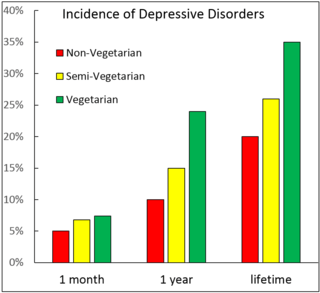
- Researchers examined mental health issues among a representative sample of 4,116 Germans including vegetarians, predominantly vegetarians, and non-vegetarians. The subjects were matched on demographic and socioeconomic variables. More vegetarians than meat-eaters suffered from depressive disorders in the previous month, the previous year, and over their lifetimes. (Here is the full text.)
- In a British study, 9,668 men who were partners of pregnant women took the Edinburgh Postnatal Depression Scale. Seven per cent of the vegetarians obtained scores indicating severe depression compared to four percent of non-vegetarians.
- In a 2018 study of 90,000 adults, French researchers examined the impact of giving up various food groups on depressive symptoms among meat eaters, vegans, true vegetarians, and vegetarians who ate fish. The incidence of depression increased with each food group that was given up. People who had given up at least three of four animal-related food groups (red meat, poultry, fish, and dairy) were at nearly two-and-a-half times greater risk to suffer from depression.
- Investigators from the College of William and Mary examined depression among 6,422 college students. Vegetarian and semi-vegetarian students scored significantly higher than the omnivores on the Center for Epidemiologic Depression Scale.
- In 2014, Austrian researchers published an elegant study of individuals who varied in their diets—330 vegetarians, 330 people who consumed a lot of meat, 330 omnivores who ate less meat, and 330 people who consumed a little meat but ate mostly fruits and veggies. The subjects were carefully matched for sex, age, and socio-economic status. The vegetarians were about twice as likely as the other groups to suffer from a mental illness such as anxiety and depression. (Here is the full text of the paper.)
- A study of 140 women found that the odds of depression were twice as great in women consuming less than the recommended intake of meat per week. (The researchers also found that women eating more than recommended amount were also likely to be depressed.)
- An article published in the journal Neuropsychobiolgy reported that the frequency of Seasonal Affective Disorder was four times higher among Finnish vegetarians and three times higher in Dutch vegetarians than in meat eaters.
Read The Difference Between Sadness And Depression
Contrary Results
The eight studies above, which involved a total of 131,125 subjects, found that vegetarians are more likely than meat eaters to suffer from depression. However, I also located three studies involving 1,244 subjects that came to different a conclusion.
- A 2012 study published in the journal Appetite examined the mental health of 486 vegans, vegetarians, semi-vegetarian, and non-vegetarians. These researchers found no meaningful differences in depression scores between the groups. (Here is the full text.)
- Researchers from Benedictine University reported that, among 620 subjects recruited from diet-related social networks, there were no differences in depression scores among vegans, vegetarians, and omnivores. The meat-eaters did, however, have higher anxiety and stress scores than the vegetarians and vegans. (Here is the full text.)
- In a 2010 study published in Nutrition Journal, Arizona State University investigators found that Seventh Day Adventists who were vegetarians had lower depression, anxiety, and stress scores than meat-eating Adventists. (Here is the full text.)
The Problem with “Link-Think”
You have to be careful about link-think. Take the link between animal cruelty and human-directed violence.
Contrary to conventional wisdom, this link is surprisingly weak. Most kids who abuse animals become normal adults and most serial killers and school shooters do not have a history of animal abuse. (See Animal Cruelty Does Not Predict Who Will Be a School Shooter).
Similarly, only a small fraction of people who suffer from depression are vegetarians and most vegetarians are not depressed. However, the existence of multiple studies involving thousands of subjects by researchers in different countries suggests that the connection between vegetarianism and depression is not a statistical fluke.
Read Frequent Anger and Irritability Could Signal Depression, Research Reveals
Does Vegetarianism Cause Depression?
What is going on?
I can think of a couple of possibilities.
First, it could be the case that vegetarian diets actually produce biological changes in brain chemistry, or even the microbiome, that causes some people to be depressed. I am a bit skeptical of this explanation, but the German study mentioned above found that 34 percent of people with depression started on a vegetarian diet before the onset of their mental disorders, compared to 9 percent of people with anxiety disorders.
I think it is more likely that some traits may predispose some people to both depression and to vegetarianism. Women, for example, are twice as likely as men to suffer from depression, and there are also more female vegetarians than male vegetarians.
And, while the evidence is mixed, some personality types may also be particularly drawn to vegetarianism.
In addition, vegetarian diets can be isolating. A woman who recently became a vegan told me that she suddenly gets fewer dinner invitations from old friends: They don’t know how to cook for her. And one young woman told me, “I won’t go out with anyone who is not a vegetarian. It limits my pool of possible men.”
Read 5 Lies I Believed About Depression
Further, social reasons rank high when former vegetarians and vegans are asked why they returned to meat. (See Why Do Most Vegetarians Go Back To Eating Meat?)
Finally, as several animal activists pointed out to me after this post was initially written, the vegetarian-depression link could be the result of moral commitment. As Lori Marino, executive director of the Kimmela Center for Animal Advocacy wrote on Facebook, vegetarians and vegans are more aware of the cruelties of the world and this is more depressing than living in a state of ignorant bliss.
Lori is right. Indeed, the emotional and psychological costs of devoting your life to animal protection was a major theme in one of my first studies of human-animal relationships. (Full text here.)
In short, we don’t know why the rates of depression seem substantially higher among vegetarians than in omnivores. But we do know that “correlation does not imply causality” and “more research is needed.”
Written by Hal Herzog
Originally appeared in Animal and Us Blog on PsychologyToday
References:
- Baines, S., Powers, J., & Brown, W. J. (2007). How does the health and well-being of young Australian vegetarian and semi-vegetarian women compare with non-vegetarians? Public health nutrition, 10(5), 436-442.
- Beezhold, B. L., Johnston, C. S., & Daigle, D. R. (2010). Vegetarian diets are associated with healthy mood states: a cross-sectional study in Seventh Day Adventist adults. Nutrition journal, 9(1), 26.
- Burkert, N. T., Muckenhuber, J., Großschädl, F., Rásky, E., & Freidl, W. (2014). Nutrition and health–the association between eating behavior and various health parameters: a matched sample study. PloS One, 9(2), e88278
- Forestell, C. A., & Nezlek, J. B. (2018). Vegetarianism, depression, and the five factor model of personality. Ecology of food and nutrition, 57(3), 246-259.
- Hibbeln, J. R., Northstone, K., Evans, J., & Golding, J. (2018). Vegetarian diets and depressive symptoms among men. Journal of affective disorders, 225, 13-17.
- Jacka, F. N., Pasco, J. A., Williams, L. J., Mann, N., Hodge, A., Brazionis, L., & Berk, M. (2012). Red meat consumption and mood and anxiety disorders. Psychotherapy andpsychosomatics, 81(3), 196-198.
- Meesters, A. N., Maukonen, M., Partonen, T., Männistö, S., Gordijn, M. C., & Meesters, Y. (2016). Is there a relationship between vegetarianism and seasonal affective disorder? A pilot study. Neuropsychobiology, 74(4), 202-206.
- Michalak, J., Zhang, X. C., & Jacobi, F. (2012). Vegetarian diet and mental disorders: results from a representative community survey. International Journal of Behavioral Nutrition and Physical Activity, 9(1), 67.
- Rosenfeld, D. L. (2018). The psychology of vegetarianism: Recent advances and future directions. Appetite 131: 125-138
- Timko, C. A., Hormes, J. M., & Chubski, J. (2012). Will the real vegetarian please stand up? An investigation of dietary restraint and eating disorder symptoms in vegetarians versus non-vegetarians. Appetite, 58(3), 982-990.
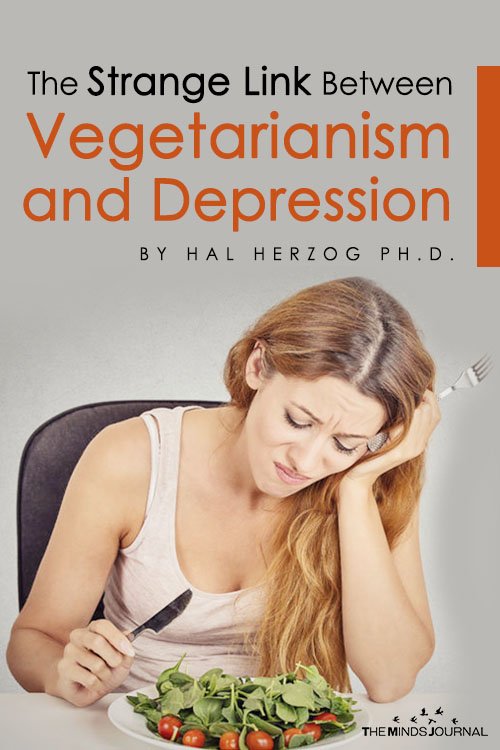
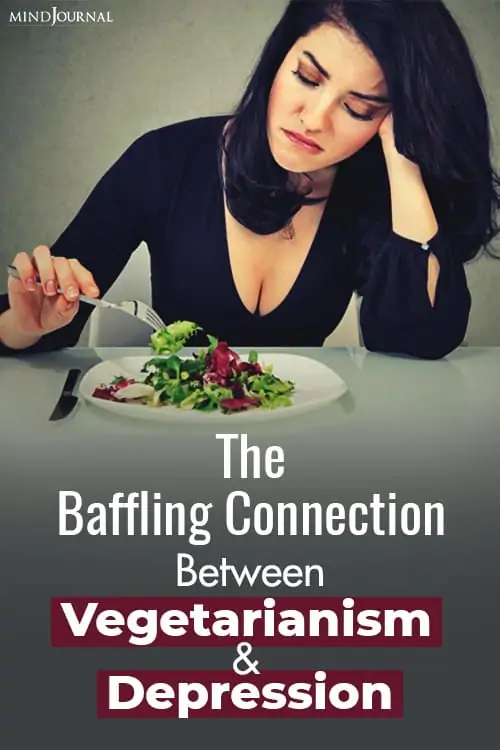
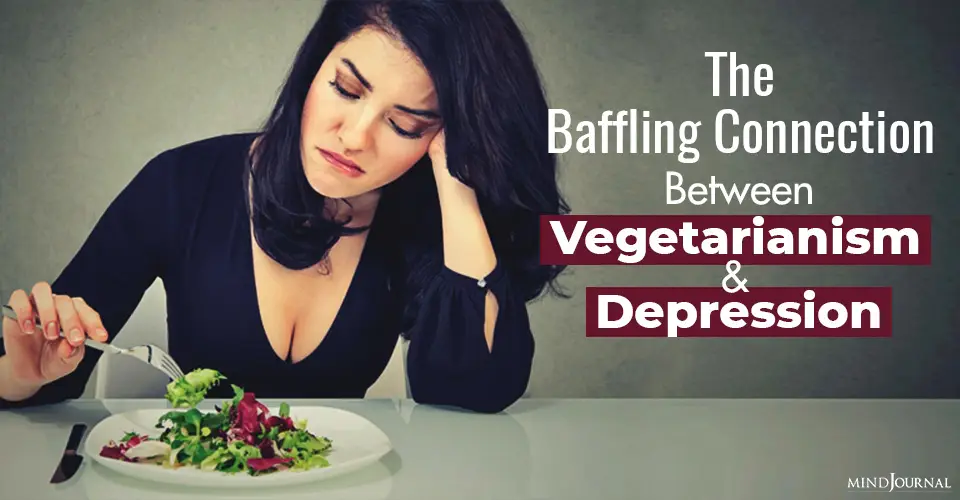


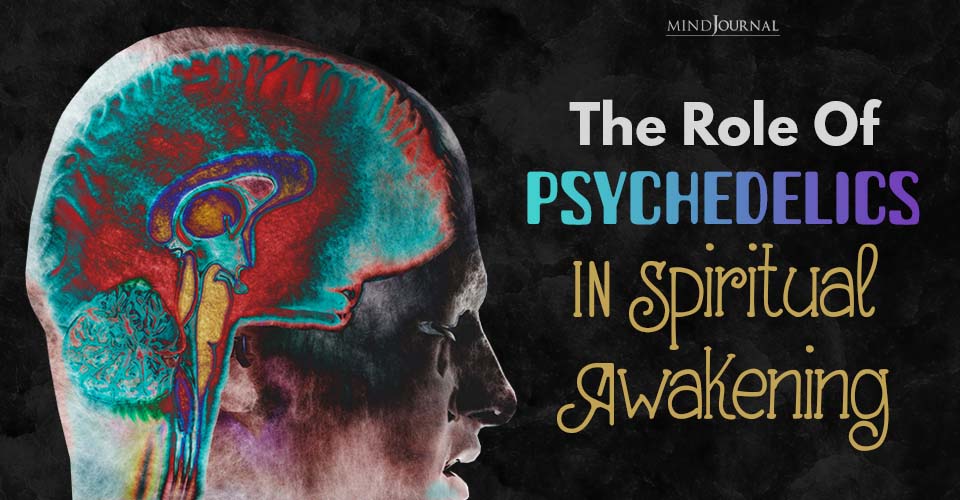




Leave a Reply
You must be logged in to post a comment.